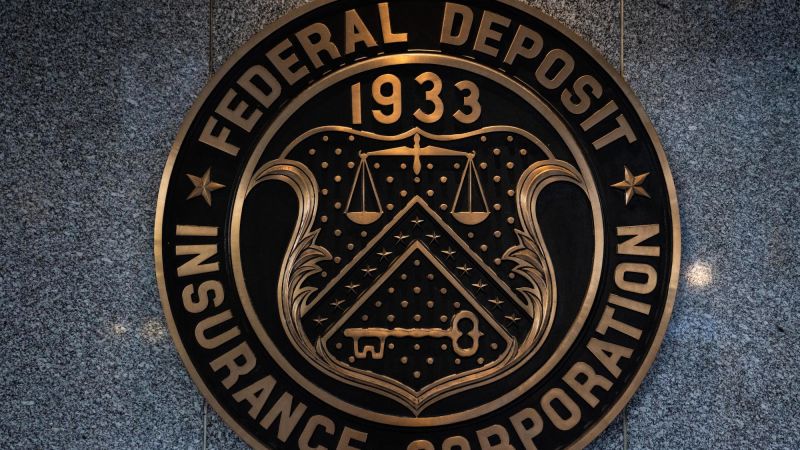Republic First Bank, based in Philadelphia, was closed by Pennsylvania state regulators, making it the first US bank failure of the year. The Pennsylvania Department of Banking and Securities appointed the FDIC as receiver, and an agreement was made with Fulton Bank to assume deposits and assets. The bank had $6 billion in total assets and $4 billion in total deposits as of January.
While Republic First Bank was significantly smaller than the regional bank failures of the previous year, such as Silicon Valley Bank which had $209 billion in assets, its closure marks a significant event in the banking industry. The FDIC confirmed that the 32 branches of the bank in New Jersey, Pennsylvania, and New York will reopen as branches of Fulton Bank, ensuring continuity for customers. Potential buyers for the bank had been approached by the FDIC prior to the closure.
The closure of Republic Bank is the first bank failure in the United States since November 2023 when Citizens Bank in Sac City, Iowa, faced a similar fate. The FDIC noted that the situation is still developing, and more details are expected to emerge in the coming days. The timing of the closure and the transition to Fulton Bank was meant to ensure minimal disruption for depositors and maintain stability in the banking sector.
The impact of bank failures on depositors and the broader financial system is significant, and the FDIC plays a crucial role in protecting depositors’ funds in such situations. The reassurance that deposits are safe and the quick resolution of transferring deposits and assets to a stable institution like Fulton Bank is essential to maintain trust and stability in the banking system. This event serves as a reminder of the importance of regulatory oversight and risk management in the banking sector.
The closure of Republic First Bank highlights the challenges that smaller banks face in a competitive and evolving financial environment. Factors such as economic conditions, regulatory requirements, and technological advancements can all contribute to the vulnerability of smaller banks. The FDIC’s intervention in this case demonstrates the importance of regulatory authorities in mitigating risks and ensuring the health of the banking sector.
As the fallout from the closure of Republic Bank continues to unfold, stakeholders in the banking industry will be closely monitoring the developments and implications of this event. The FDIC’s efforts to facilitate a smooth transition for depositors and maintain stability are commendable, and the lessons learned from this experience will be valuable for future risk management and regulatory initiatives in the banking sector. Ultimately, the resilience and adaptability of the banking system will be tested in responding to challenges and safeguarding the interests of depositors and the broader financial industry.













